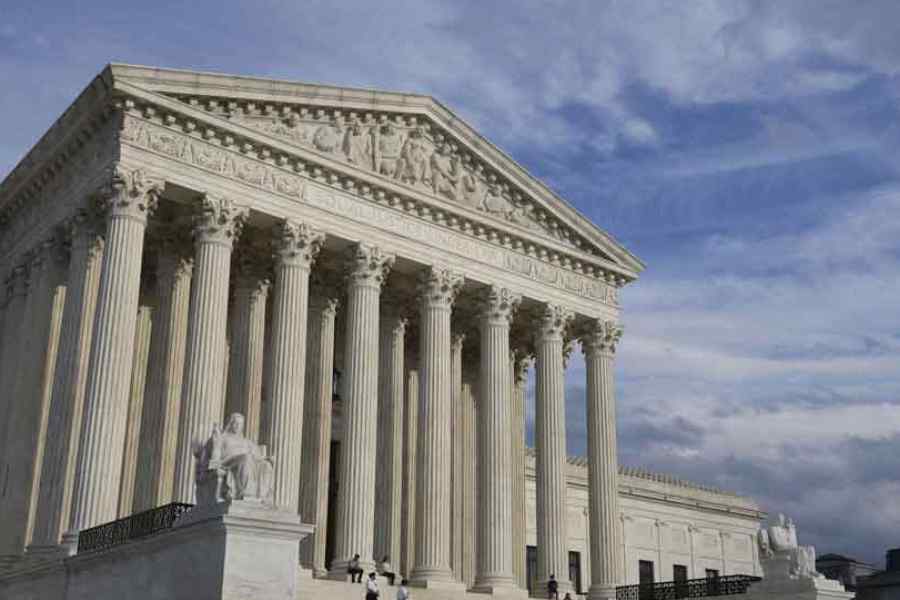The US Supreme Court on Thursday ruled that the race-conscious admissions programmes at Harvard and the University of North Carolina (UNC) were unlawful, curtailing affirmative action at colleges and universities around the nation, a policy that has long been a pillar of higher education.
The vote was 6 to 3, with the court’s liberal members in dissent.
The decision was expected to set off a scramble as schools revisit their admissions practices, and it could complicate diversity efforts elsewhere, narrowing the pipeline of highly credentialed minority candidates and making it harder for employers to consider race in hiring.
More broadly, the decision was the latest illustration that the court’s conservative majority continues to move at a brisk pace to upend decades of jurisprudence and redefine aspects of American life on contentious issues like abortion, guns and now race — all in the space of a year.
The court had repeatedly upheld similar admissions programmes, most recently in 2016, saying that race could be used as one factor among many in evaluating applicants.
The two cases were not identical. As a public university, UNC is bound by both the Constitution’s equal protection clause and Title VI of the Civil Rights Act of 1964, which bars race discrimination by institutions that receive federal money. Harvard, a private institution, is subject only to the statute.
In the North Carolina case, the plaintiffs said that the university discriminated against white and Asian applicants by giving preference to Black, Hispanic and Native American ones. The university responded that its admissions policies fostered educational diversity and were lawful under longstanding Supreme Court precedents.
The case against Harvard has an additional element, accusing the university of discriminating against Asian American students by using a subjective standard to gauge traits like likability, courage and kindness, and by effectively creating a ceiling for them in admissions.
Lawyers for Harvard said the challengers had relied on a flawed statistical analysis and denied that the university discriminated against Asian American applicants. More generally, they said race-conscious admissions policies are lawful.
Both cases — Students for Fair Admissions v. Harvard, No. 20-1199, and Students for Fair Admissions v. University of North Carolina, No. 21-707 — were brought by Students for Fair Admissions, a group founded by Edward Blum, a legal activist who has organized many lawsuits challenging race-conscious admissions policies and voting rights laws, several of which have reached the Supreme Court.
The universities both won in federal trial courts, and the decision in Harvard’s favour was affirmed by a federal appeals court.
In 2016, the Supreme Court upheld an admissions programme at the University of Texas at Austin, holding that officials there could continue to consider race as a factor in ensuring a diverse student body. The vote was 4 to 3. (Justice Antonin Scalia had died a few months before, and Justice Elena Kagan was recused.)
Writing for the majority, Justice Anthony M. Kennedy said that courts must give universities substantial but not total leeway in devising their admissions programmes.
He was joined by Justices Ruth Bader Ginsburg, Stephen G. Breyer and Sonia Sotomayor.
New York Times News Service










